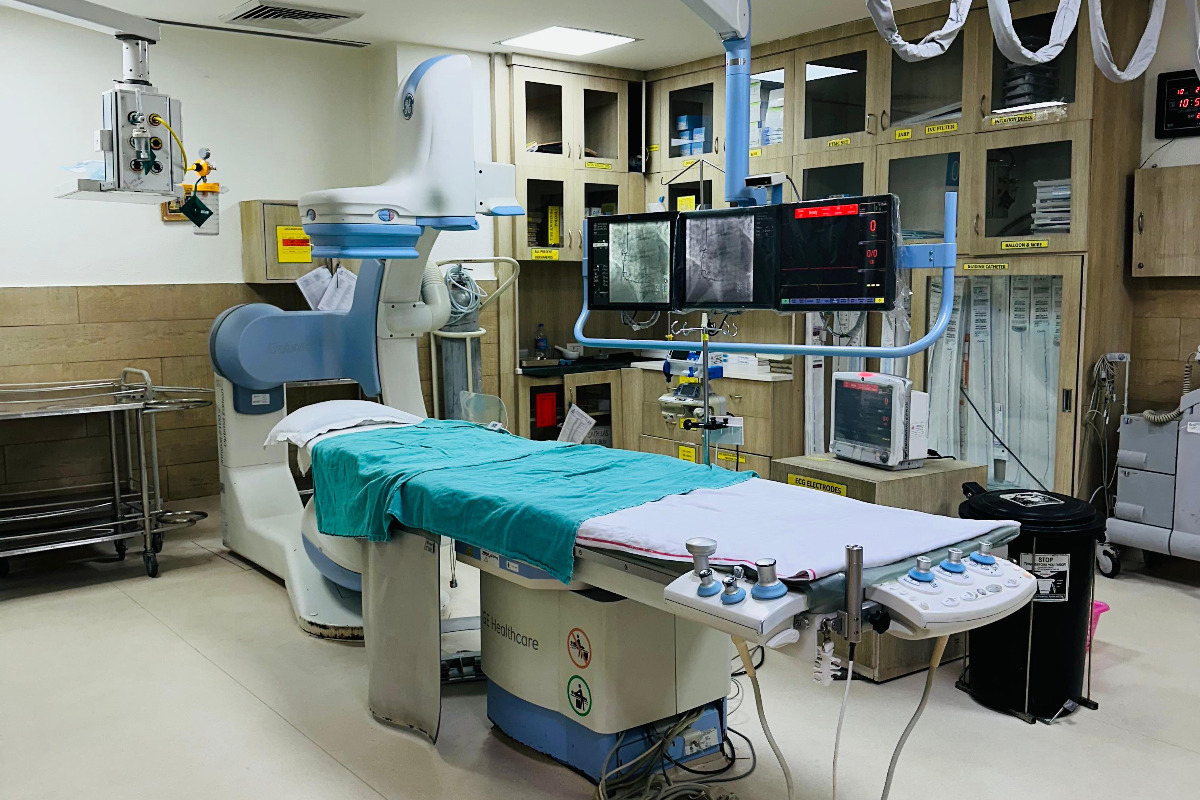What is Nutrition & Dietetics?
Nutrition and dietetics focus on the science of food and its impact on health. Registered dietitians and nutritionists specialize in assessing, diagnosing, and treating dietary and nutritional problems, as well as promoting healthy eating habits to prevent illness and optimize wellness.
Conditions Treated by Nutritionists & Dietitians:
- Weight Management: Nutritionists and dietitians help individuals achieve and maintain a healthy weight through personalized diet plans, behavior modification strategies, and lifestyle interventions.
- Chronic Diseases: Nutrition plays a crucial role in managing chronic conditions such as diabetes, heart disease, hypertension, and gastrointestinal disorders. Dietitians work with patients to develop dietary strategies that support disease management and improve overall health outcomes.
- Sports Nutrition: Athletes and active individuals can benefit from sports nutrition guidance to optimize performance, enhance recovery, and prevent injury. Nutritionists tailor dietary plans to meet the specific needs of athletes based on their training regimen, sport, and individual goals.
- Gastrointestinal Disorders: Dietitians provide dietary recommendations for managing gastrointestinal disorders such as celiac disease, irritable bowel syndrome (IBS), inflammatory bowel disease (IBD), and gastroesophageal reflux disease (GERD).
- Pediatric Nutrition: Nutritionists specialize in addressing the unique nutritional needs of infants, children, and adolescents to support healthy growth and development. They provide guidance on breastfeeding, formula feeding, introduction of solid foods, and managing childhood nutrition-related issues.
When to See a Nutritionist or Dietitian:
You may consider seeing a nutritionist or dietitian if you have specific health goals or concerns related to your diet and nutrition. Whether you’re looking to lose weight, manage a chronic condition, improve athletic performance, or optimize your overall health, a nutritionist or dietitian can provide personalized guidance and support to help you achieve your goals.
Why Choose Metro Hospitals for Nutrition & Dietetics:
- Expertise of Registered Dietitians: Our team of registered dietitians possesses extensive training and expertise in nutrition science, enabling them to provide evidence-based dietary recommendations tailored to each patient’s unique needs.
- Personalized Nutrition Counseling: Metro Hospitals offers personalized nutrition counseling sessions where patients receive individualized dietary guidance, meal planning assistance, and ongoing support to help them achieve their health goals.
- Collaborative Approach to Care: Our multidisciplinary team works collaboratively to address all aspects of a patient’s health, ensuring comprehensive care that integrates nutrition and dietetics into overall treatment plans.
- Nutrition Education and Resources: Metro Hospitals provides education and resources to empower patients to make informed decisions about their dietary choices and adopt healthier eating habits for life








